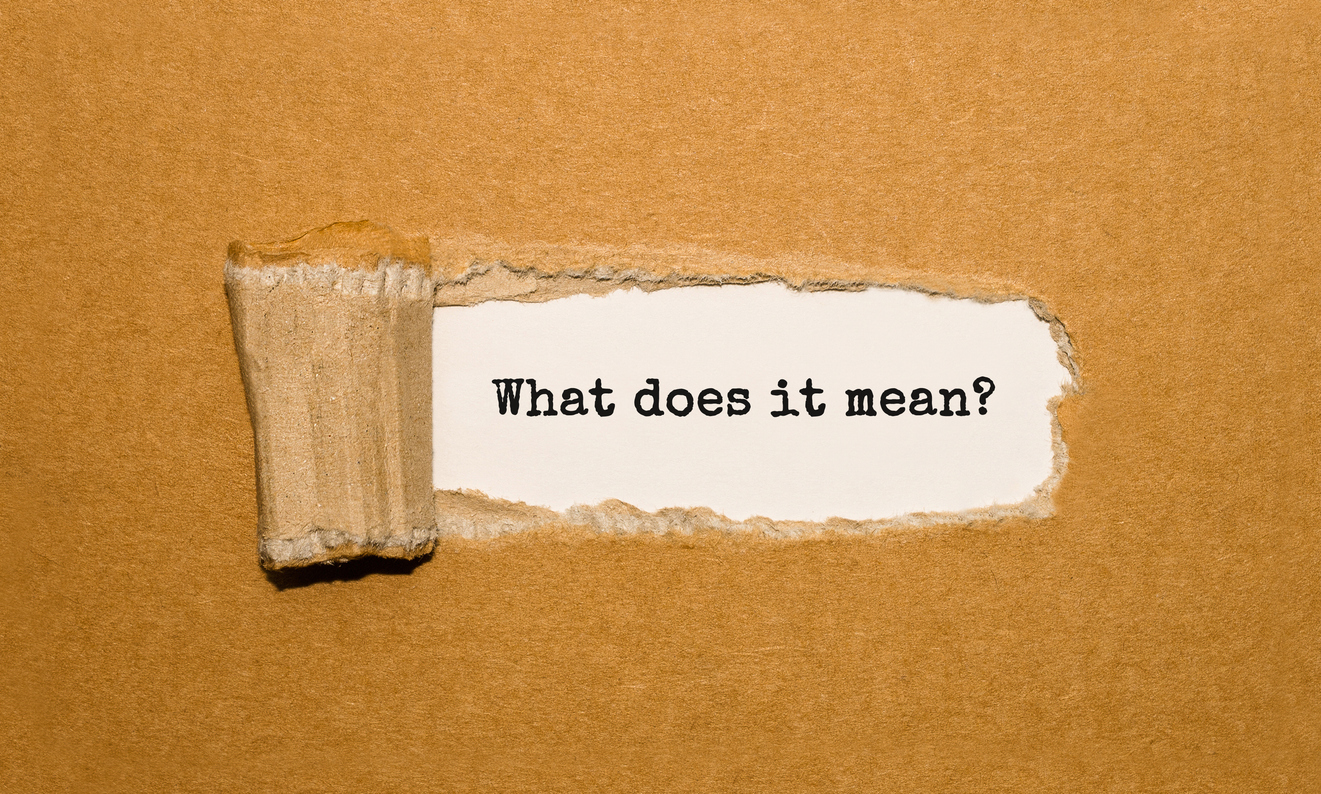I have noticed a trend that insurance companies are placing increasing burdens on their policyholders during the adjustment of claims. It is important for every policyholder to understand their duties and obligations under the insurance contract, however, it is just as important that insurance companies comply with their obligations. When a carrier fails to meet its obligations, most states provide an independent cause of action to hold them accountable. This week is the beginning of a series of posts that I will highlight what the insurance companies’ responsibilities are after notice of a loss is reported.
One of the most important and often overlooked duties of the insurance company is the adjustment principle that the insurer must treat its policyholder’s interests with equal regard as it does its own interests and that the adjustment process is not adversarial.1
Why is this often overlooked? It is simple: Money. Most insurance companies are for-profit business organizations and claim payments are one of the highest payouts each year. Hence, there can be an incentive for an insurance company to place its financial interests over the interests of the policyholder. The more the insurance company pays on a given claim, the more their bottom line takes a hit.
Therefore, this principle is critical for the effectiveness of the claims process. The business of insurance is highly specialized, with policyholders particularly vulnerable and dependent on their insurance company during a time of need. Once adjusters are concerned with “saving” money on a claim, an underpayment or denial of owed benefits is what ensues. After a disaster strikes, a policyholder must be able to rely on the insurance company to provide the benefits bargained for at contract inception. An insurance company that fails to treat its policyholder’s interests at least equal to its own is failing to meet its obligations and may be exposed to extra-contractual damages as a result.
Next week, I will discuss how an adjuster cannot require the policyholder to adjust the loss, and what I call “blind” adjusting.
1 Egan v. Mutual of Omaha Ins. Co., 598 P.2d 452, 456 (Cal. 1979).



